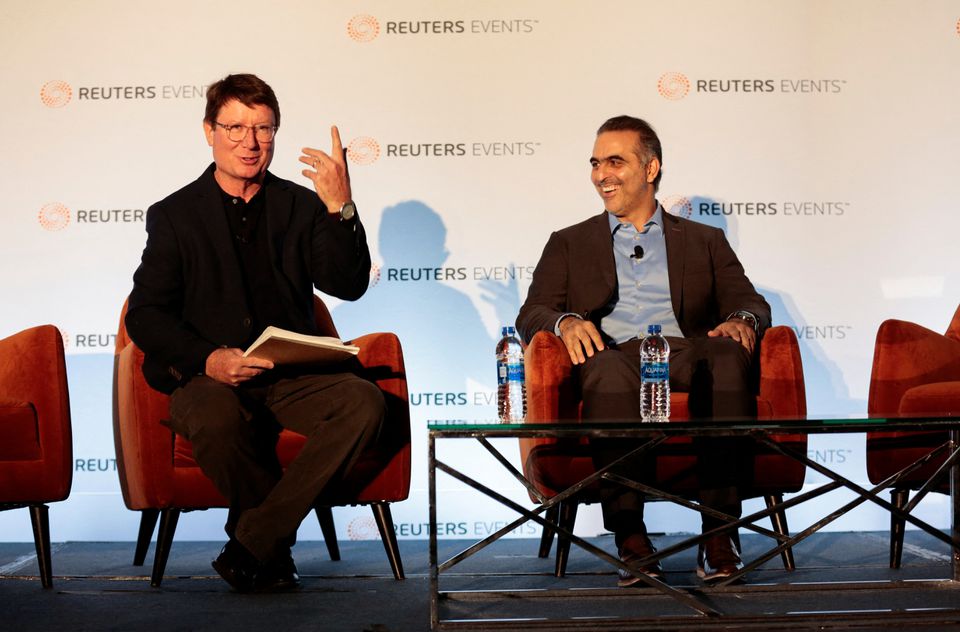DETROIT, Oct 19 (Reuters) – U.S. legislators need to give automakers operating in the United States more time to achieve the required sourcing levels of battery minerals used in electric vehicles to qualify for federal tax incentives, several industry executives said on Wednesday.
The Inflation Reduction Act, as currently written, requires automakers to have 50% of critical minerals used in EV batteries come from North America or U.S. allies by 2024, rising to 80% by the end of 2026. Volkswagen (VOWG_p.DE) Americas Chief Executive Pablo Di Si said the industry cannot move that fast.
“All of us source from different parts of the world and changing these long-term contracts, you don’t do that from one day to the next. We have 10, 15, 20-year commitments,” Di Si said at the Reuters Events auto conference in Detroit.
U.S. lawmakers need to create a more phased-in process that goes out to 2030 instead, he and Hyundai Motor Co (005380.KS) Chief Operating Officer Jose Munoz said at the Reuters event.
“When we saw the IRA, we were not happy,” Munoz said in a separate interview, referring to the new law.
“We believe it’s unfair,” he added, pointing out that none of the South Korean automaker’s EVs qualify for the credit.
Hyundai will break ground next week on a $5.5 billion EV plant in Georgia that will create thousands of jobs. Munoz said U.S. legislators should offer companies investing in the United States some type of waiver or a longer transition period.
“When we saw the IRA, we were not happy,” Munoz said in a separate interview, referring to the new law.
“We believe it’s unfair,” he added, pointing out that none of the South Korean automaker’s EVs qualify for the credit.
Hyundai will break ground next week on a $5.5 billion EV plant in Georgia that will create thousands of jobs. Munoz said U.S. legislators should offer companies investing in the United States some type of waiver or a longer transition period.











